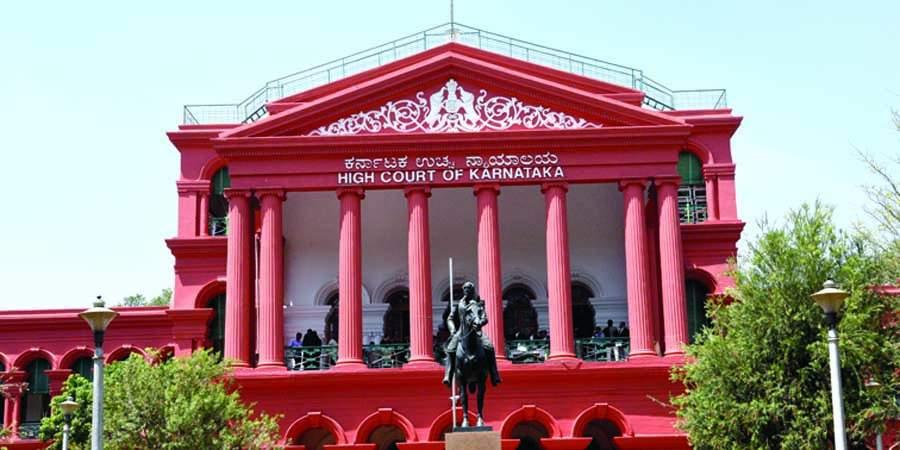Karnataka High Court Reiterates Senior Citizens Act Prospective In Nature; Past Transactions Not Affected

In a recent decision, the Karnataka High Court has reiterated that the Maintenance and Welfare of Parents and Senior Citizens Act, 2007, is prospective in nature. This means, it will only deal with those transactions which are made by senior citizens after commencement of the Act.
"It is not in dispute that the appellant has gifted the property in favour of her daughter under a registered gift deed dated 22.08.2005. The Maintenance and Welfare of Parents and Senior Citizens Act, 2007 was brought into force in 2007…The wordings incorporated under Section 23 of the Act clearly indicates that the application under Section 23 is prospective in nature. Section 23(1) of the Act deals with only those transactions which are made by senior citizens after the commencement of the Act”, Chief Justice Ritu Raj Awasthi and Justice Sachin Shankar Magadum said.
The Court was hearing a, appeal filed by one C. Kamalamma challenging the order of a single judge, which set aside the order passed by the Assistant Commissioner declaring the registered gift deed in favour of the respondent No.5 as null and void.
The appellant was the owner of a particular property, which she has transferred by way of a registered gift deed dated in favour of her daughter.
The respondent No.5 in turn sold the property in 2014 to respondent No.1/petitioner.
However, the appellant by invoking the provisions of Section 23(1) of the Maintenance and Welfare of Parents and Senior Citizens Act, 2007, filed a petition before the Assistant Commissioner.
The commissioner set at naught the registered gift deed and registered sale deed dated August 26, 2014. This made the purchaser of the property to knock the doors of the High Court.
The Single Judge ruled that since the transactions are much prior to enactment of the Act, they are saved. So, the appellant, having gifted the property much prior to the commencement of the Act, could not have invoked Section 23(1) of the Act.
The Single Judge then set aside the order passed by the respondent No.4/Assistant Commissioner declaring the registered gift deed as null and void.
Aggrieved, the appellant moved an appeal before a division bench.
The Court noted that in the present case, the appellant has gifted the property in question under registered gift deed, much prior to the commencement of the Act. All transactions which are pre-enactment are saved and therefore, the respondent No.4/Assistant Commissioner had no authority to entertain the petition filed by the appellant.
The Court also expressed its dissatisfaction as the appellant had involved herself in a bit of forum shopping. The appellant had already approached a civil court seeking relief challenging the registered gift deed and the consequent sale deed.
“We are of the view that the appellant cannot pursue two parallel remedies on the same cause of action."
“We are in total agreement with the findings recorded by the learned Single Judge. The respondent No.4/Assistant Commissioner lacked inherent jurisdiction to entertain a petition in respect of a registered gift deed executed before the commencement of the Act. Therefore, we do not find any infirmities which would warrant interference at the hands of this Court”, the Court observed, as it rubbished the plea.
Case Name: C. Kamalamma v. P Gopal
